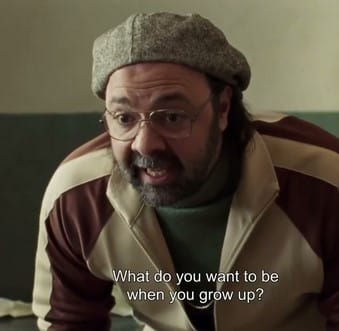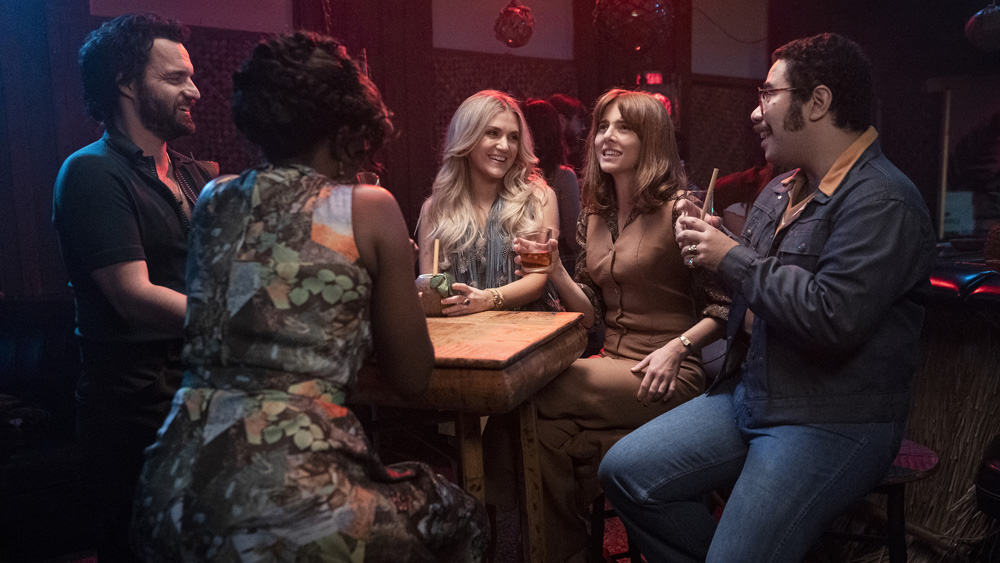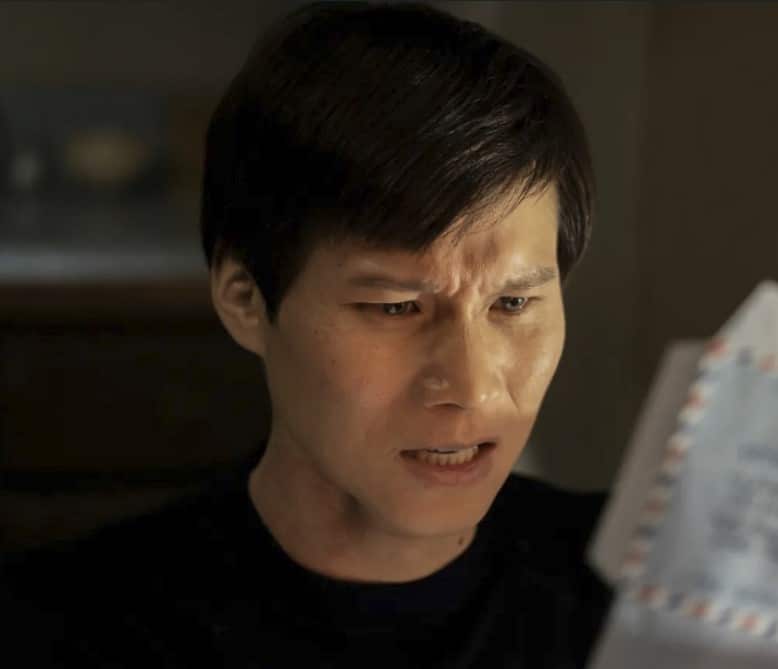Watercooler Pick

Ma Rainey’s Black Bottom
- Movie
- Where to Find It: Netflix
- Rating: R
- Release Date: 2020
- Runtime: 1 hour, 34 mins
Recommended by:
Share on social media
Find More Watercooler Picks
“Mother of the Blues” Ma Rainey joins her band in Chicago in 1927 for a tension-filled recording session, where egos clash, racial tensions flare, and childhood flashbacks haunt. Adapted from August Wilson’s Tony-nominated play.
Viola Davis and Chadwick Boseman lead the cast, in what was Boseman’s final role. The cast also includes Coleman Domingo (Euphoria, Fear the Walking Dead), Michael Potts (The Wire), and Glynn Turman (How to Get Away With Murder). Directed by George C. Wolfe, play adaption by Ruben Santiago Hudson, produced by Denzel Washington.
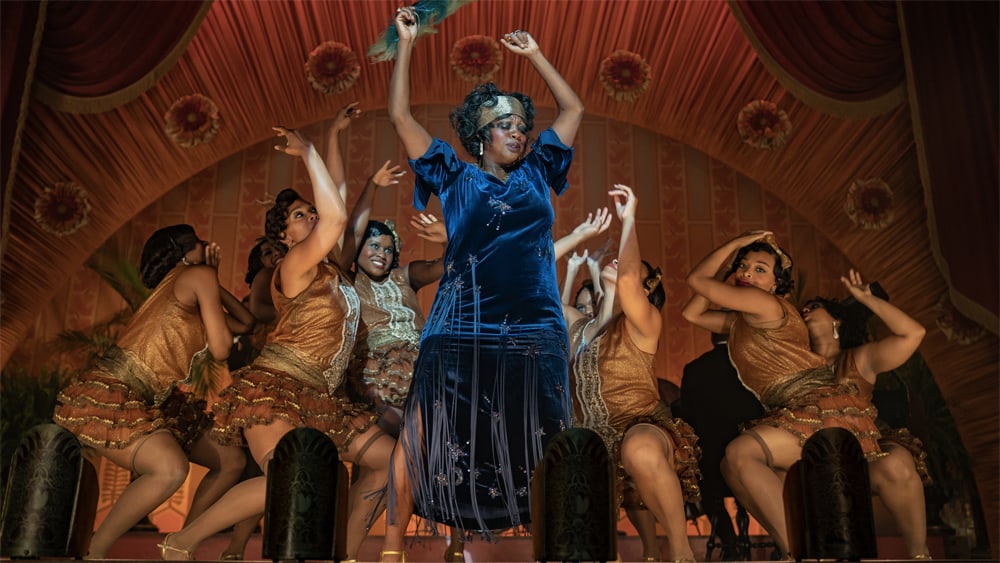 First and foremost, it’s worth your time for Boseman and Davis and their amazing, award-nominated performances. This is Boseman’s last, and arguably best, screen appearance. As trumpet player Levee he is an intense force of nature whose ambition is about as subtle as a tornado. Davis’ Ma Rainey is a woman who clearly knows her own worth and sets her own rules. If Levee is a tornado, Ma is that one oak tree that never gets knocked down, and their clash is the center of this story.
First and foremost, it’s worth your time for Boseman and Davis and their amazing, award-nominated performances. This is Boseman’s last, and arguably best, screen appearance. As trumpet player Levee he is an intense force of nature whose ambition is about as subtle as a tornado. Davis’ Ma Rainey is a woman who clearly knows her own worth and sets her own rules. If Levee is a tornado, Ma is that one oak tree that never gets knocked down, and their clash is the center of this story.
Ma’s first appearance on screen is at a packed-to-the-rafters tent show in the middle of the Georgia woods. She’s got the audience under her thumb, as Levee moves out from the rest of the band to steal some of her spotlight. Later, he does the same thing at a show in Chicago, while openly flirting with Dussie Mae (Taylour Paige), Ma’s current companion. It’s a wonder Ma doesn’t like him, isn’t it?
The rest of the band—made up of leader and trombonist Cutler, piano player Toledo (Turman), and bassist Slow Drag (Potts)— is older, seasoned, and very used to Ma’s ways. As they’re awaiting her arrival at the recording session the next day, Levee bounces into the dark basement rehearsal room, riding high. He has a new pair of fancy $10 shoes and some good news to share—Ma’s agent, Irvin (Jeremy Shamos), has told him they’re going to record his faster, more upbeat arrangement of Ma’s signature song “Black Bottom” and Sturdyvant, the studio manager (played by Johnny Coyne), is interested in recording some of Levee’s new songs. An argument ensues about the extent of Ma’s self-determination, and their own, versus the white men in charge.
Ma is not thrilled to be in Chicago in the first place. It’s hot. The hotel she’s staying in—clearly the best “colored” hotel in Chicago—is filled with aloof, judgmental Black people staring silently as she walks by. She’s already late when her nephew Sylvester, played by Dusan Brown, gets into a car accident in front of the studio. Now it’s Irvin’s turn to bow and scrape to her, as he pays off the cop who tries to arrest her, promises to fix the dent on her car, and drags Ma, Dussie Mae, and Sylvester away from a hostile white crowd and into the studio.
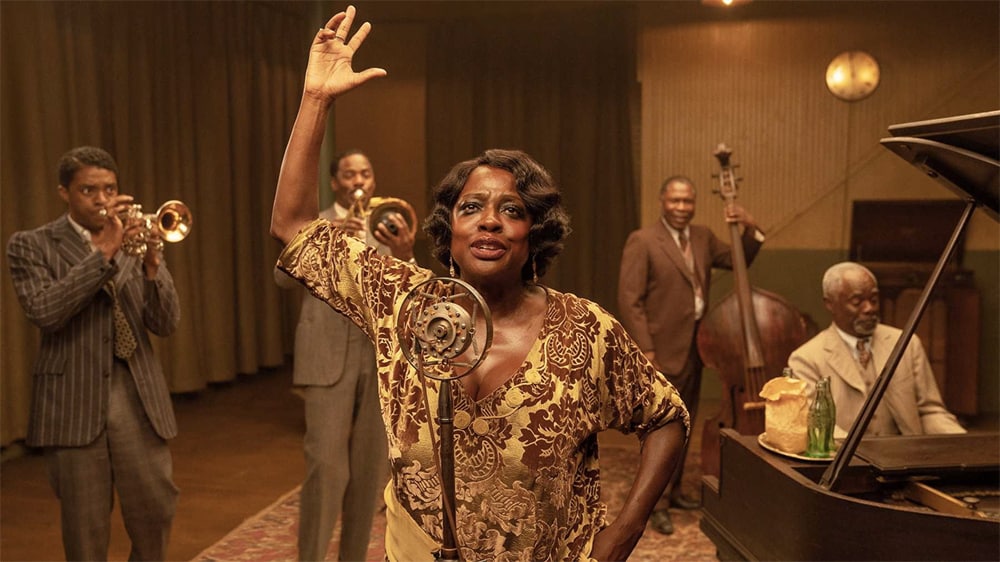 Ma pulls the diva card right away—the room is an oven, she wants Sylvester to record the opening to “Black Bottom” and where is her Coca-Cola? She reminds them all, several times, that she makes more money for the studio than any of their other artists combined, so, yes, they will be recording her version of the song. She makes them wait until she drinks her soda, and then until Sylvester finally gets the opening right, and really, for as long as she feels like it. It’s not just a power trip, she also resents that they’re only after what she can give them—her voice and the money that comes from it. “Why not make them pay for it?” she says.
Ma pulls the diva card right away—the room is an oven, she wants Sylvester to record the opening to “Black Bottom” and where is her Coca-Cola? She reminds them all, several times, that she makes more money for the studio than any of their other artists combined, so, yes, they will be recording her version of the song. She makes them wait until she drinks her soda, and then until Sylvester finally gets the opening right, and really, for as long as she feels like it. It’s not just a power trip, she also resents that they’re only after what she can give them—her voice and the money that comes from it. “Why not make them pay for it?” she says.
As the recording session continues, tensions flare, arguments break out, and tragic histories are revealed. At one point, Levee and Cutler get into a physical fight over God and whether he cares about Black people, or anyone at all, an idea that Cutler finds deeply blasphemous. It’s a powerful and sadly ironic scene—a dying man cursing God and his own fate—more so since no one knew that Boseman was sick at the time it was filmed.
Levee is jealous of what Ma has—the power to control her own life. So he steals what he can from her, including the occasional spotlight, Dussie Mae’s momentary affection, and the studio manager’s attention. By the end of the movie, you realize that Levee has missed a couple of lessons from his own story. Ultimately, he loses everything because of his ham-fisted, short-sighted vision of the world he lives in. And, at the end of the day, Ma gets back in her big car with her money, her girlfriend and her fame, and drives away from his tragedy.
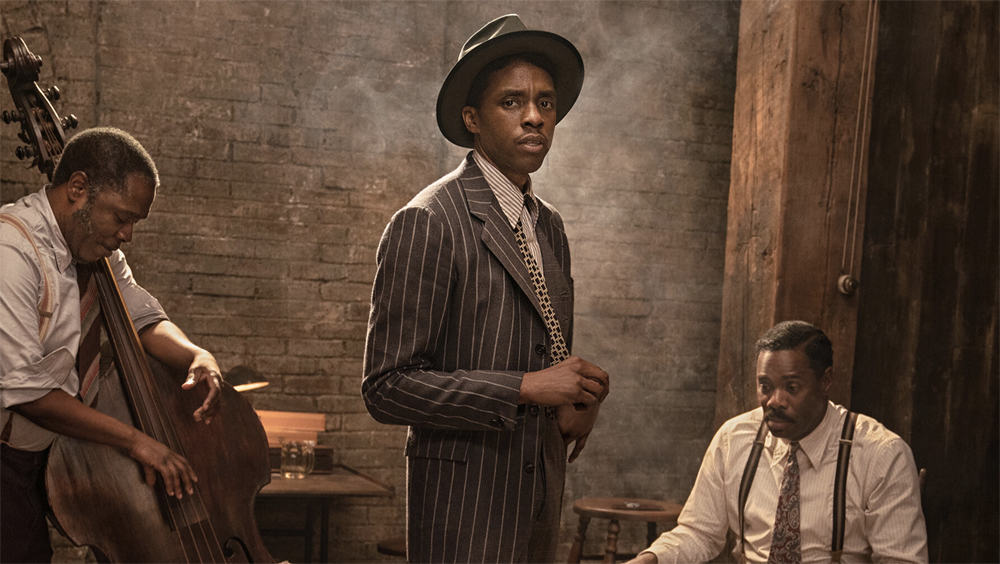 Movie adaptations of plays can be a little tricky. It’s hard to get the correct mix of action and monologues right, which I personally thought was an issue in One Night in Miami. But Hudson’s screenplay and Wolfe’s direction both add in some ingenious touches to fill in the spaces. I can’t stop thinking about a scene where Levee, who has messed up royally, breaks through the locked back door in the basement room to find a dead end that looks up into an unreachable sky. Ma Rainey’s Black Bottom deserves all the awards it’s destined to receive.
Movie adaptations of plays can be a little tricky. It’s hard to get the correct mix of action and monologues right, which I personally thought was an issue in One Night in Miami. But Hudson’s screenplay and Wolfe’s direction both add in some ingenious touches to fill in the spaces. I can’t stop thinking about a scene where Levee, who has messed up royally, breaks through the locked back door in the basement room to find a dead end that looks up into an unreachable sky. Ma Rainey’s Black Bottom deserves all the awards it’s destined to receive.
Ma Rainey’s Black Bottom showcases the depth of the talents of its two leads, Viola Davis and Chadwick Boseman, rendered all the more powerful by Boseman’s untimely death soon after the film was finished. While the film and its story may not surprise, it is a pleasure to witness.
Anyone who is a fan of Davis, Boseman, August Wilson’s plays, or great acting will love this. It is rated R, which I think is mostly for language. There are a lot of uses of the N-word. Like, a lot. There is also some brief violence.
This marks Chadwick Boseman’s movie reunion with Viola Davis, who played his mother in Get On Up, and with Dusan Brown, who played a young Ed Charles in 42.
- Moods: grip me, take me back, tug my heartstrings
- Interests: conversation worthy, history, music

Liz Coopersmith



